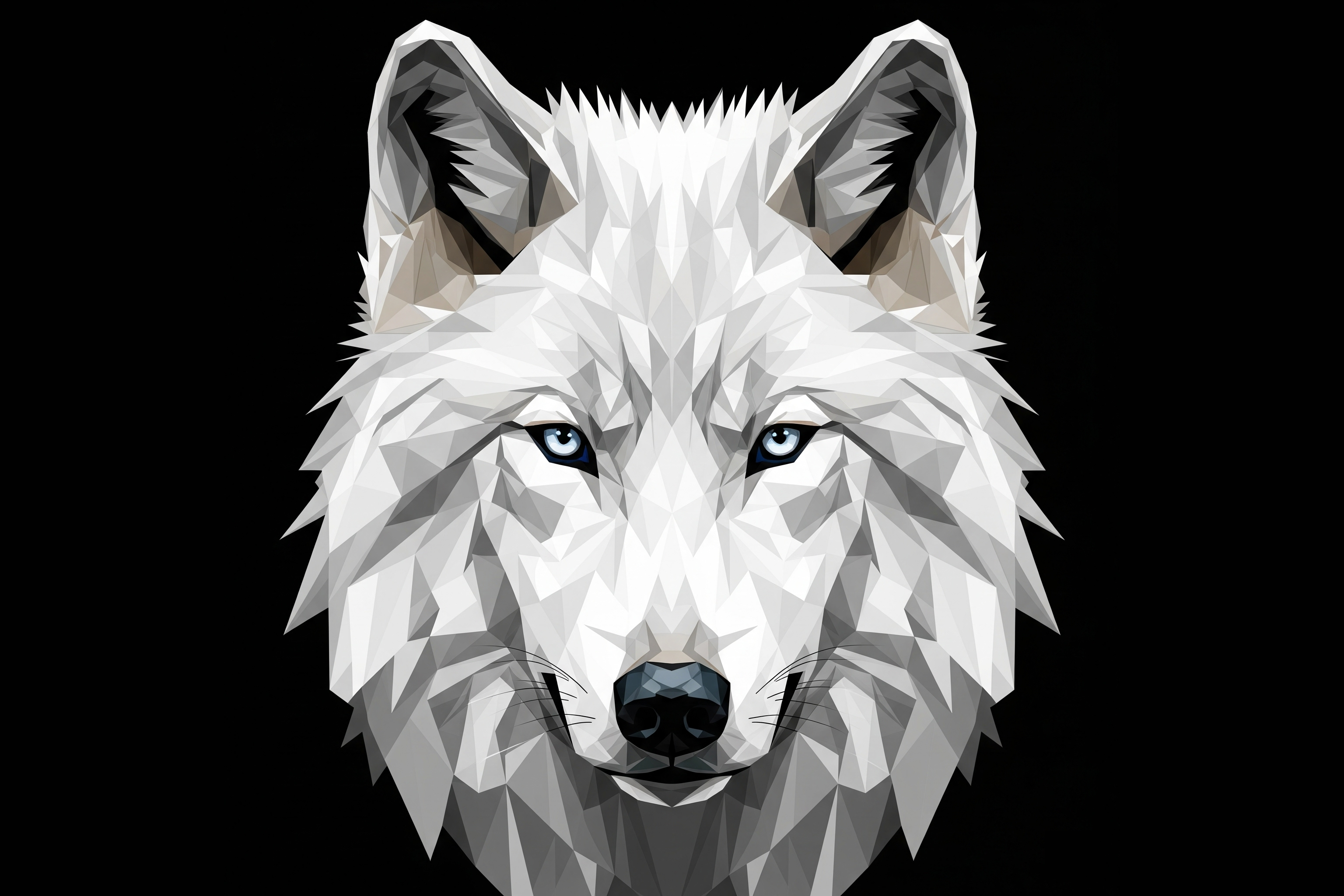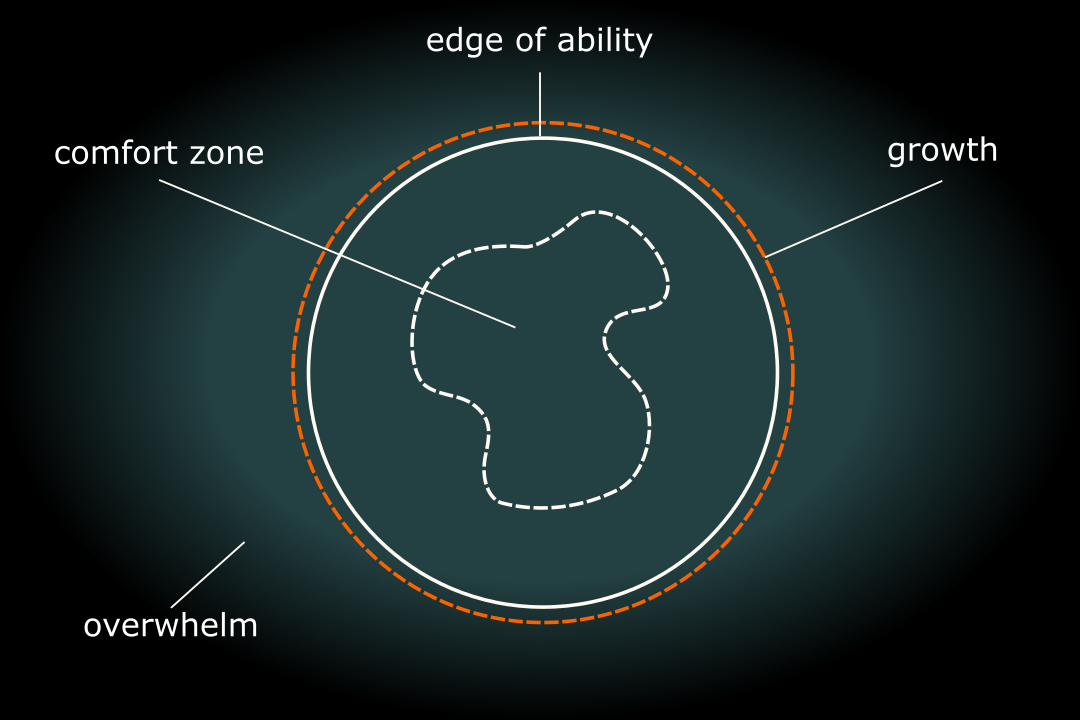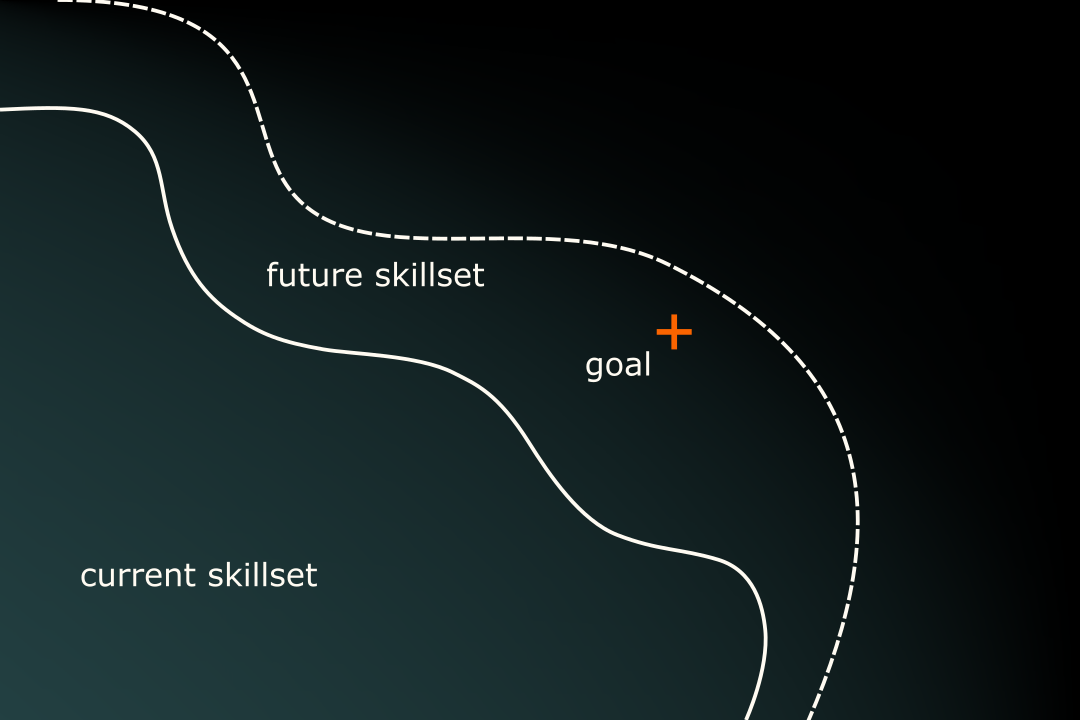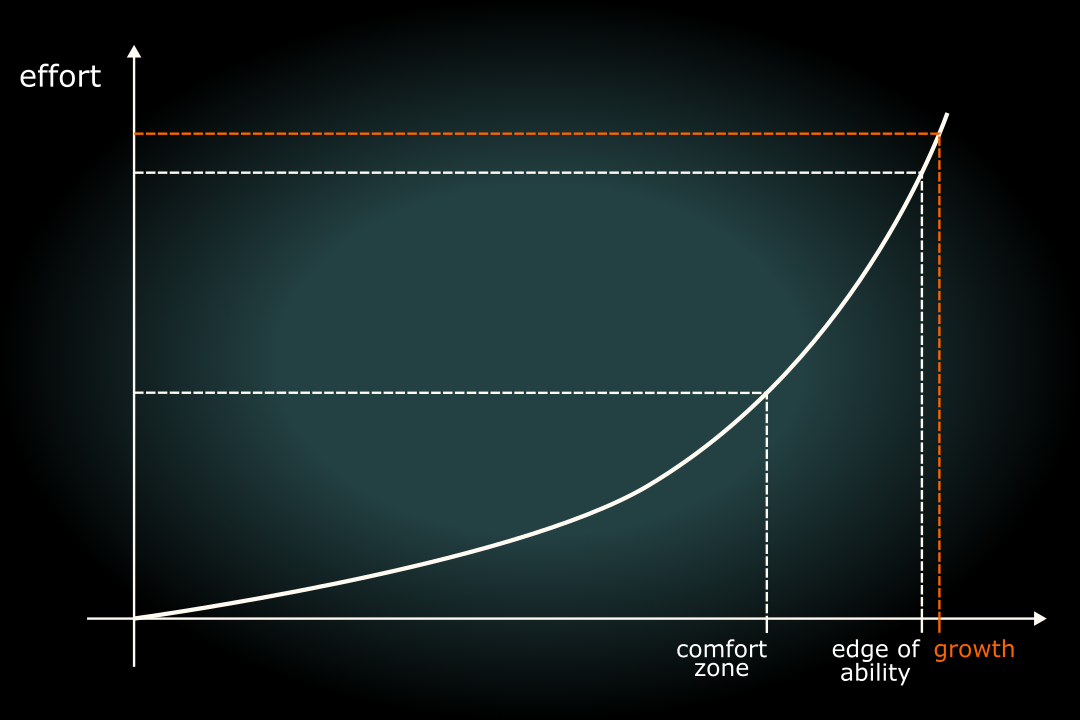
I get it. Being disciplined with your goals feels impossible. When you start, you feel euphoric, you spend time with your new pursuit and everything feels great. But after some time, you lose interest. The initial spark dies off and all that was great has faded away.
I quit playing guitar. I gave up learning because it was hard. I quit dancing.
Life was hard and I was empty inside. I tried to fill the emptiness with meaningless partying, artificial connections and wasted my time on social media. I was an empty shell. But deep down I knew that I was meant for more. There was a flame - although small - that kept burning and the lack of meaning was unbearable. Then I flicked the switch. I just had to do something. I couldn't stand the thought of never actually achieving something. I knew, that it must be possible to achieve greatness - to overcome the difficulties and tread the path to mastery.
Now, I am at the end of my master's degree, playing the guitar and have been training dancing for the past four years. My body and mind are the healthiest they have ever been.
But how did I do it? How do you achieve the seemingly impossible? It is not by putting out extensive amounts of energy and effort at once. A sprinter makes much less distance than a marathon runner. You have to realize that you will play the game for your entire life. In the coarse scale it doesn't matter if you spend 2 weeks obsessing, when the rest of the year you do nothing. Humans are not good at hunting at fast speeds like a cheetah. We are persistent and that is what pushed us this far. We run marathons, and by showing up every day, we reach unfathomable results. It is better to compare ourselves to wolves - we achieve our goals by persistence and cooperation.
Think of the knowledge I will give you in the following as installing a new mindset. I will not provide you specific actions that make you feel good or productive but don't bring any benefit in the long term. Rather, I want to shift your perspective of what is actually at work here, so you will be empowered to make your own decisions. We will discuss a modified version of the psychological model of the zone of proximal development, which is specifically adjusted for self-directed learning.
This is incredibly simple. Learning is hard. Struggling means stepping out of your comfort zone and confronting your issues. If you're not struggling, you're cowering away from challenge, which is the straight way to not achieving your goals. Learning is like growing muscle. If you don't lift weights that feel heavy you won't grow. Plain and simple. But similar to weight lifting, you can overload yourself and block yourself from the most efficient training.
What is the right amount of challenge? There is a sweet spot, that lies right between too little weight and too much. It's called the flow state. Where challenge is just enough to feel excitement but not too much so that you feel overwhelmed. The perfect place for growth.
Imagine your skill set. It has limits that you want to extend by learning. In order to learn, you have to push yourself just beyond the edge of your abilities. This is visualized in the following diagram.

Your skill set lies withing the edge of ability. Beyond that edge lie the things your currently aren't capable of. This is the location of your goal. Wanting to play the guitar, studying a certain topic or learning how to make money. Inside, there lies the comfort zone, the place 99% of people will never leave. Things feel easy and familiar in this domain. It is the place where you can pat your ego, feel capable and stagnate. But importantly, it is also the place for rest and recovery. It is important to find a balance between pushing your limits and recharging your energy.
Simply proceeding to the edge of ability is already hard as it means exhausting your skills to their fullest extend. This is hard work. Now, just outside of this edge lies the treasure we're looking for: growth. This precious state occurs once we max out your abilities and push just a nudge further. We expose ourselves to new thoughts, new things and new possibilities. We enter the flow state: challenge and skill are in perfect harmony. When we reach this state we must stay cautious, because greed brings the threat of pushing our limits too far and we enter the state of overwhelm. Finding the right amount of challenge is like dancing on a knife's edge and requires quite some training.
With this context, the question of where one should invest their precious time and energy arises. You can perfect the skill of efficient growth, but how do you actually achieve your goals? Suppose you want to learn a new skill or solve some problem that lies beyond your current skill set. This is your goal. In most cases this is some vague feeling, but the more precise and clear, the better and efficient you will be able to make your way forwards. Imagine the problem like in the diagram below.

This is a zoomed-in version of the previous diagram with your current skill set on the bottom left, enclosed by the edge of abilities. Outside lies your goal. The challenge then takes the form of extending your current skill set such that the goal lies within the realm of the possible.
The central problem is that generally, what lies outside of our scope is a big unknown for us. The farther we set our goal, the more uncertainty we introduce. In the first section, we already learned that trying to do things far outside of one's capabilities leads to overwhelm. So how do we handle this? By setting intermediate, tractable goals that you can achieve with relative ease, but that are challenging enough to grow your edge of abilities.
Like me writing this article. In order to become a good writer, I increasingly challenge myself with more difficult pieces. It would make no sense to start my writing journey with the end boss of writing a book. First, I have to put in the reps with smaller challenges until I am ready to take bigger ones. Think of it like a video game progression: First, you beat small enemies and level your gear and skills until you are able to defeat the boss. You wouldn't jump into the final boss battle immediately.
Setting intermediate goals is an interesting process. Think of it like putting out hypotheses and testing them. Set out a goal - or hypothesis, work your way towards it, and reflect. Did it bring you closer to the goal? Have you overshot it? With the collected data, you will be able to set out a new hypothesis that hopefully brings you even closer. Mistakes are the feedback you receive from the world. It makes no sense to try and plan the entire path towards the final goal, as for your current knowledge, the intermediate steps lie in the dark. Plan only the next immediate challenge and put your full focus into it. Repeat this process until the goal is reached.
Proceeding into the unknown requires deliberate action and clarity, so I distilled it into a goal-oriented, three step process:
Now let's tackle the question of how much effort you should invest precisely. With increased challenge comes increased effort. Everyone has a breaking point, where exerting more effort is not possible anymore short - or long-term. Trying to push beyond hard limits inevitable leads to diminished performance. Think of the weight-lifting metaphor: Too much weight and you will injure yourself and hinder growth. In the first diagram, we looked at the comfort zone, the edge of ability and where growth and overwhelm lie. The following diagram visualizes the amount of effort necessary to push outside the comfort zone and the edge of ability.

Just like lifting weights, once you start, everything feels super hard. Activating your muscles is the most uncomfortable feeling imaginable. You sweat, you lose your breath, your muscles are burning. But every time you show up, your threshold of pain increases. An increased threshold for pain has the result of you being able to push your limits even further. The same principle applies to learning and growth in general. You try sitting down for learning and four focus drifts away after five minutes. Sit down every day for a week and suddenly you are able to focus for ten minutes. Train further and eventually you are able to dive into deep focus blocks for 90 minutes. This is your biggest leverage, as increasing your capacity has an exponential effect. Being able to focus 10% longer shows it's effect every day. Over the course of a year you will run laps around everyone else. You will be so far ahead that it's impossible to catch up. But as always, there's a catch. You're a wolf, not a cheetah. Put in a little bit of effort every day in a sustainable manner. Pushing your limits doesn't happen in a week. Don't expect results before at least two months. Over the span of years, you build strong habits. Persistence is key. You get farther by walking for three hours than sprinting for 20 minutes. Or, as Rick Rubin put it:
Impatience is an argument with reality.
You are in the game for your entire life. Realize the time span that is actually at work here.
Let's summarize all of this once again to strengthen your knowledge. You grow by spending time just beyond your current skills. This is best done slowly and in cooperation like a pack of wolves persistence hunting. The space of possibilities is infinitely large and easily leads to overwhelm. Use your curiosity and interest as guidance as they are the instincts you are equipped with for exactly that purpose. You can increase your tolerance for pain and focus slowly, which has an exponential effect. The mountain is climbed step by step.
That's it for today and I hope you enjoyed the ride. Until next time!